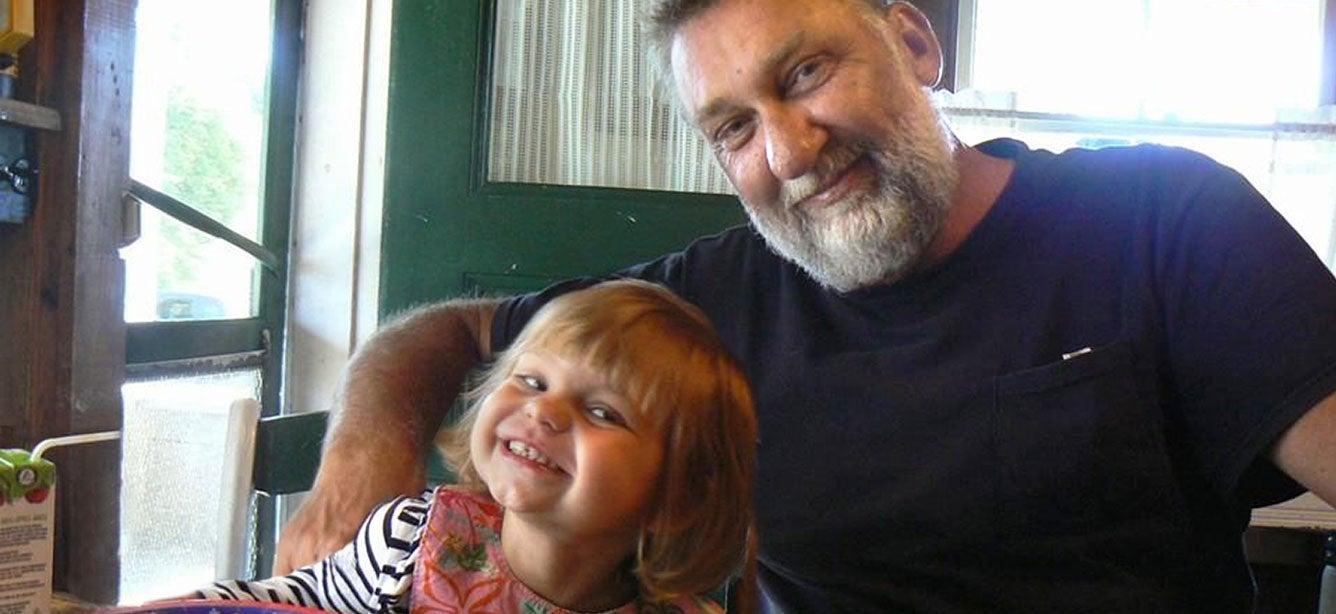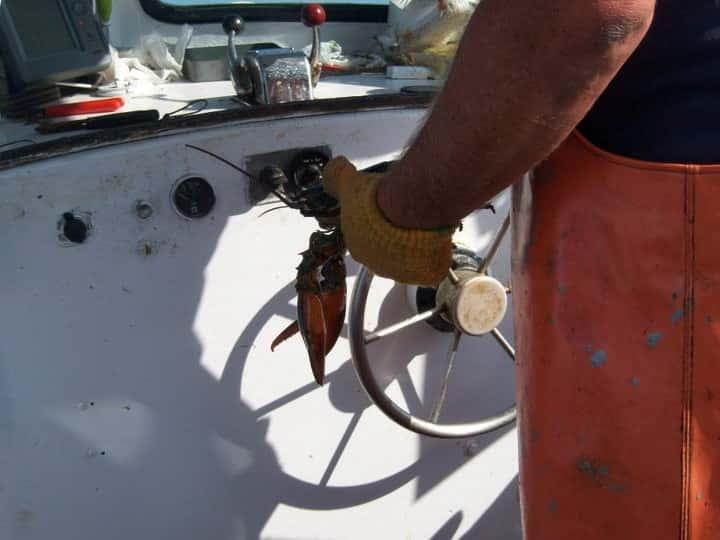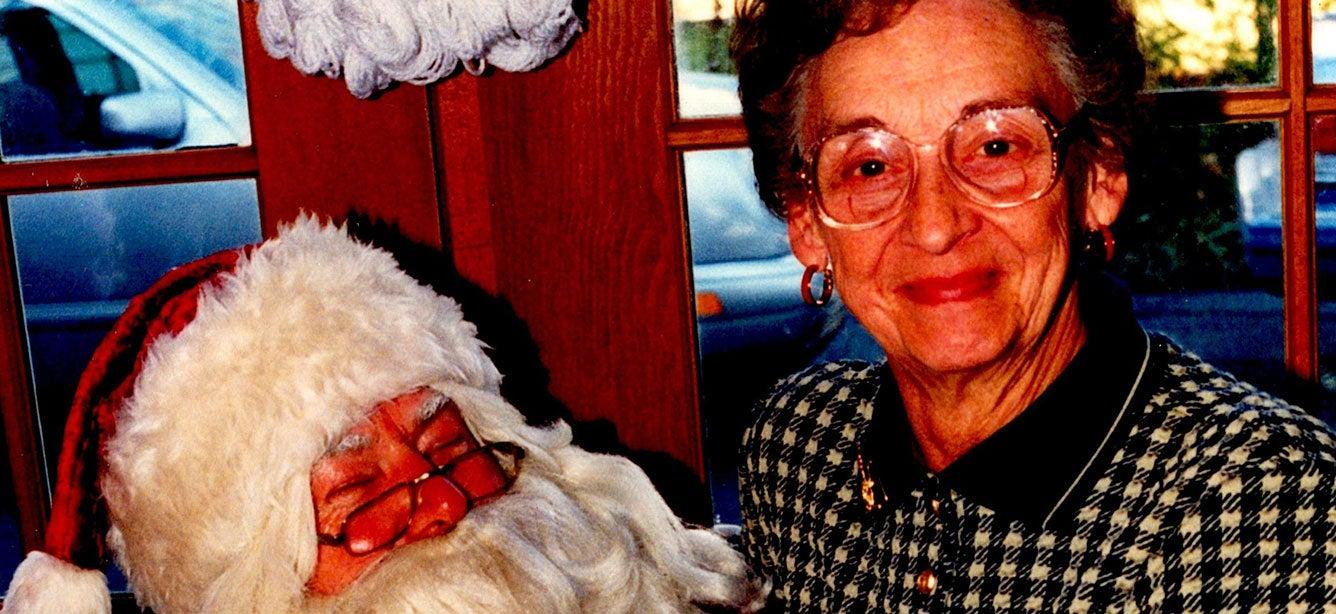
Related Topics
Work hard, play by the rules, and depart far too soon.
That was my dad.
Just shy of early Social Security eligibility, at 61 and 10 months, he peacefully drifted away in his own bed in Kennebunkport, ME. As a lobster fisherman his entire adult life, he lived on his own terms. The wonders of the sea and his respect for mother nature meant every day was well lived, even if his labor of love took a toll on his body.
Dad had a family history of heart issues. But in the end, I believe the most damning factor that shortened his life was the stress of his medical debt—and a system that failed him as he grew older. His story cemented my resolve to work toward a society where aging with dignity isn’t just a stroke of luck.
Dad piled up medical bills quickly. At just 37, he had his first open heart, quadruple bypass surgery. Later, in his 40s and 50s, he had additional heart tune-ups. As a self-employed fisherman on a modest income with basic catastrophic health insurance coverage, his medical bills were all on him.
In Maine in the 1980s, you could get creative. Early on, he was able to barter with his doctors to whittle down his five-figure debt after the first heart attack—offering lobsters in lieu of cash. But that was not an option as more bills added up, health care systems and insurance providers became involved, and it got more complicated.
Over the years, he became resourceful in managing his cash flow and debt on the plastic safety net. He would pay one minimum payment with one credit card, ask for a payment plan from a health care provider, and then pay the other bill with a different credit card. It was a Jenga game of budgeting. He always prioritized the basics to ensure his family had what was needed, but that medical debt always loomed over him.
Toward his last year, doctors suggested he shouldn’t fish anymore, as the strain on his increasingly weak heart was taking months off his life. He was faced with the tough decision of continuing the work he loved and the identity he knew—or letting go in order to preserve a few more months with his wife, children, and granddaughters.
His whole life was being a lobster fisherman, nevermind the need for income to address his mounting medical bills. But his son was set to marry in October 2016, and he was determined to make it to the wedding in Hawaii. So he knew he would need to dry-dock the boat sooner rather than later.
By July 2016, he passed away.

Maybe as a coping mechanism or maybe because it’s what New Englanders do, we moved swiftly to celebrate his life as he would have wanted with a modest gathering at The Atlantic Hall, an old boat house transformed into a community meeting place. He was cremated, and we spread his ashes where he was most at home—the sea.
Then the real work started. As the eldest, I was executor of his estate—estate being a relative term.
It was no secret that my job was to get in front of the debt collectors, so my newly widowed mother would not have to contend with them. As I settled into “mission control” (my dad’s makeshift office of filing cabinets and paperwork galore) to build a spreadsheet to track my progress from afar, I found my dad kept impeccable records. He had every statement logged—medical or credit card debt—with a record of when he paid, how much he paid, and the next payment due date.
He had NEVER missed a payment. Modest payments they were, but always on time. He was on payment plans with the bigger lump sums. He had even paid off some of the health systems, but to what end? When I called his life insurance providers, I learned he had cashed out both products that year, only to pay off medical debt.
I also learned in the piles of paperwork that he had applied for and was denied Supplemental Security Income (SSI) and Social Security Disability Insurance (SSDI)—two safety net programs designed to support hardworking people like him. The Social Security Administration (SSA) rejected his SSDI application because his self-employed status had him falling short of the quarters needed to qualify. Another letter from SSA claimed that the household income—which consisted of my mother’s wages as a restaurant worker—made him ineligible for SSI. Meanwhile, I worked on public benefits access at my job down in Washington, DC. He never asked for advice, and he never asked me for a dime.
He also never told us how bad it was. The stress. The juggle. He would just rant about politicians, scoffing at the “Affordable” part of the Affordable Care Act (ACA). With my mother’s wages, they made too much to qualify for the subsidies under the ACA, yet too little to catch up with the mounting medical debt. I never took his rants that seriously. It was just dad talking politics again. I didn’t realize how personal these politics were.
In the end, it took the creditors only a few keystrokes to wipe away the debt that filled my dad with so much anxiety for years. They waived everything because his checking account was empty, and there were no other assets to draw upon, as my mother is still living in the family house. All I had to do was fax or email the death certificate, and it all dissolved.
Resolving the debt was that easy for the creditors. But my mother was left with nothing. My father’s final months were filled with the stress of just scraping by. And I was robbed of more time with the first man in my life because of the toll of trying to pay for the privilege of staying alive.
It all feels so unjust.

When I think about my dad and the millions of others who play by the rules and depart far too soon, I get angry. We have a system that is clearly broken for far too many hardworking Americans.
Not surprisingly, GoFundMe reports that more than 250,000 medical fundraisers are added a year and raise $650 million annually. Given that the United States has the highest overall health care costs in the developed world, this should not be a shock. Since 2009, average family premiums have increased 54%, and workers’ contribution have increased 71%—several times more quickly than wages (26%) and inflation (20%), according a study by the Kaiser Family Foundation.
People are resourceful, but crowdsourcing is not a solution. Policy needs to catch up. When the health care apparatus starts to take years off your life instead of adding life to your years, we have a problem.
That’s why I’m so proud to be back at the National Council on Aging (NCOA), the first national aging organization founded in 1950. Our mission is to improve the health and economic security of millions of older adults, especially those who are struggling.
I first arrived at NCOA in 2009 with an innovative idea to support older adults whose retirements were financially devastated by the 2008 recession. Ten years later, I’ve returned as president and CEO to take our mission to the next level.
At NCOA, we believe that aging with dignity shouldn’t be a stroke of luck or only available to the privileged few. We’re working toward a just society that empowers every person to age with dignity, purpose, and security.
My dad deserved that. Our children deserve that. We all do.



